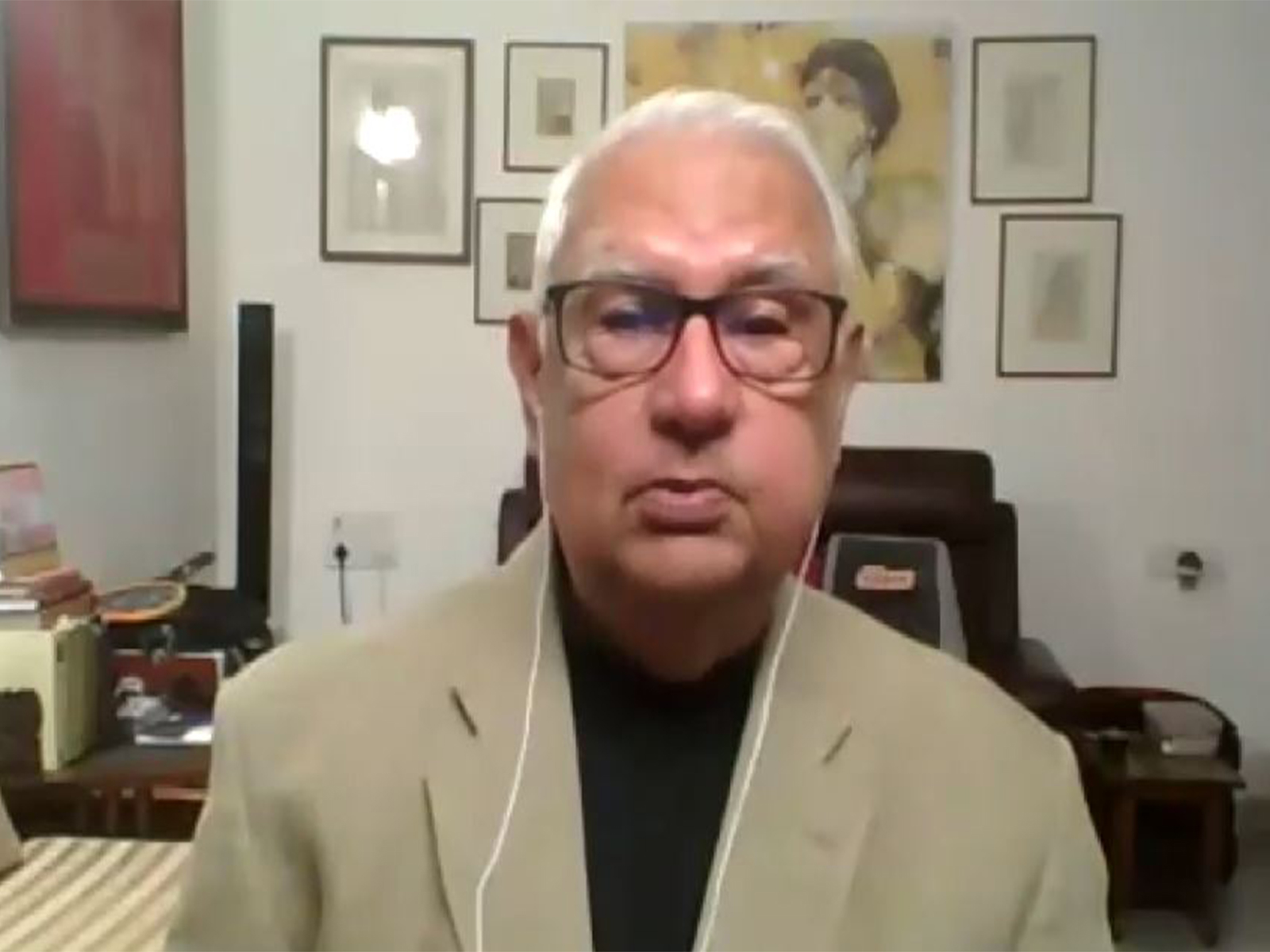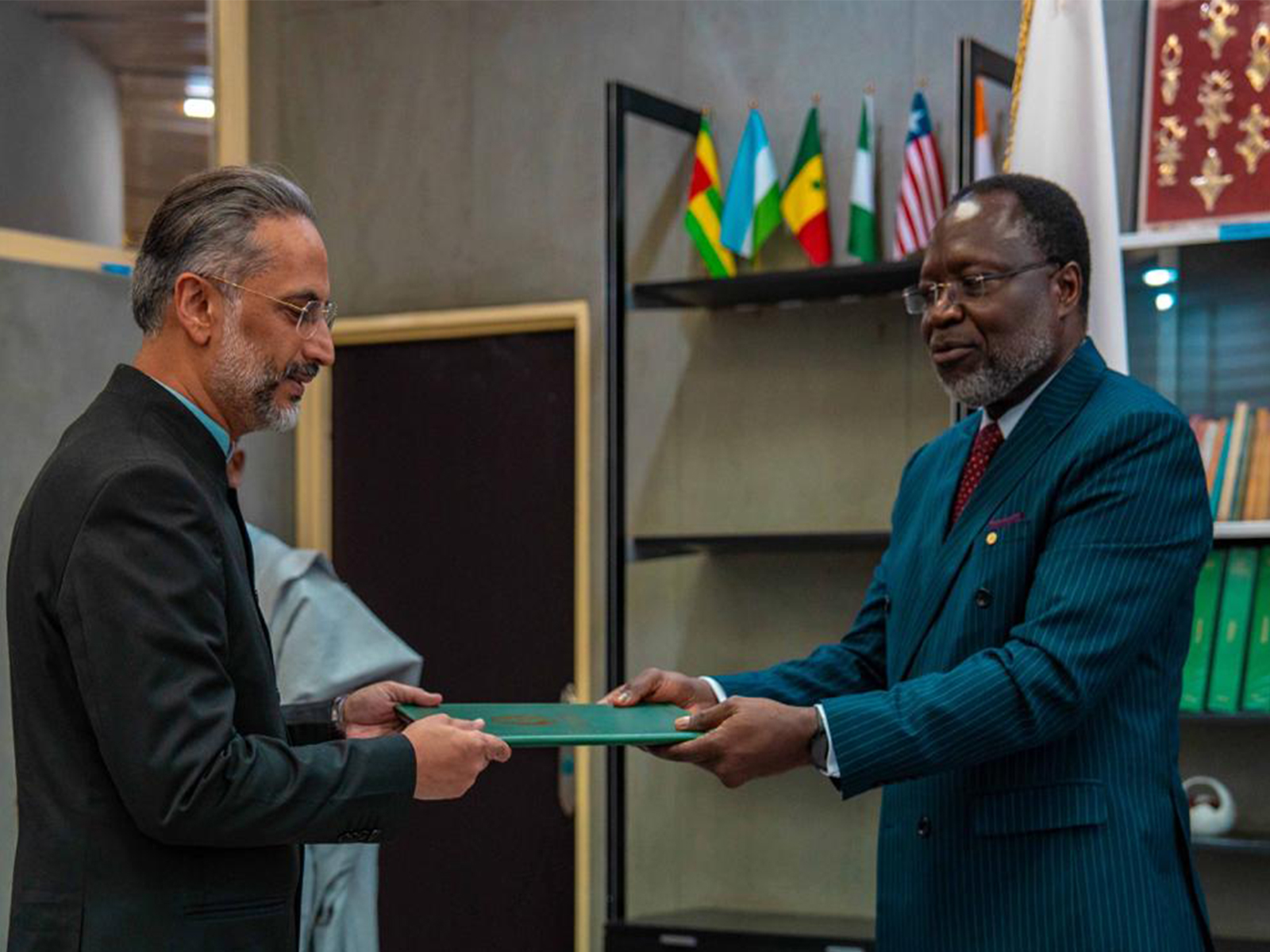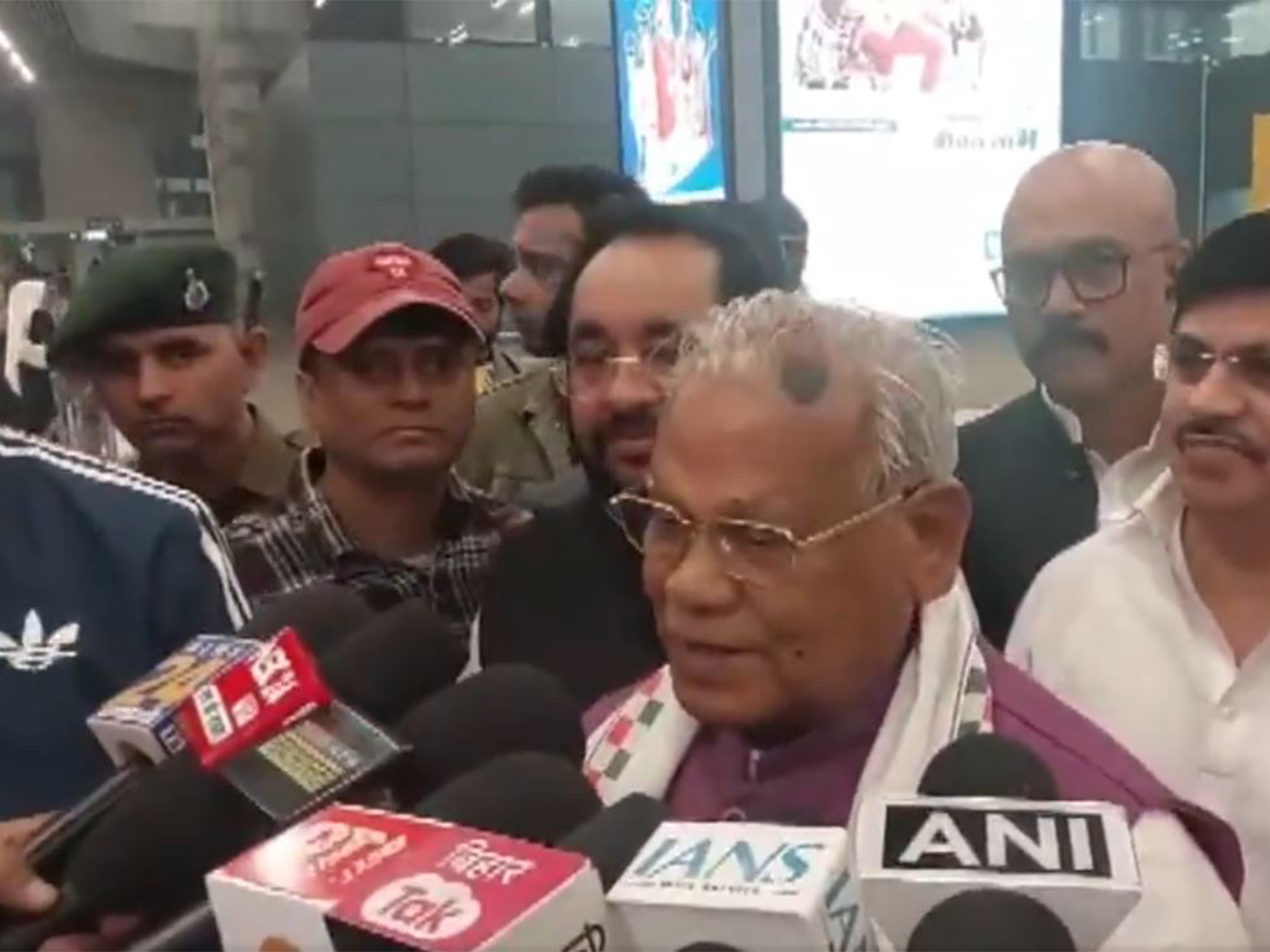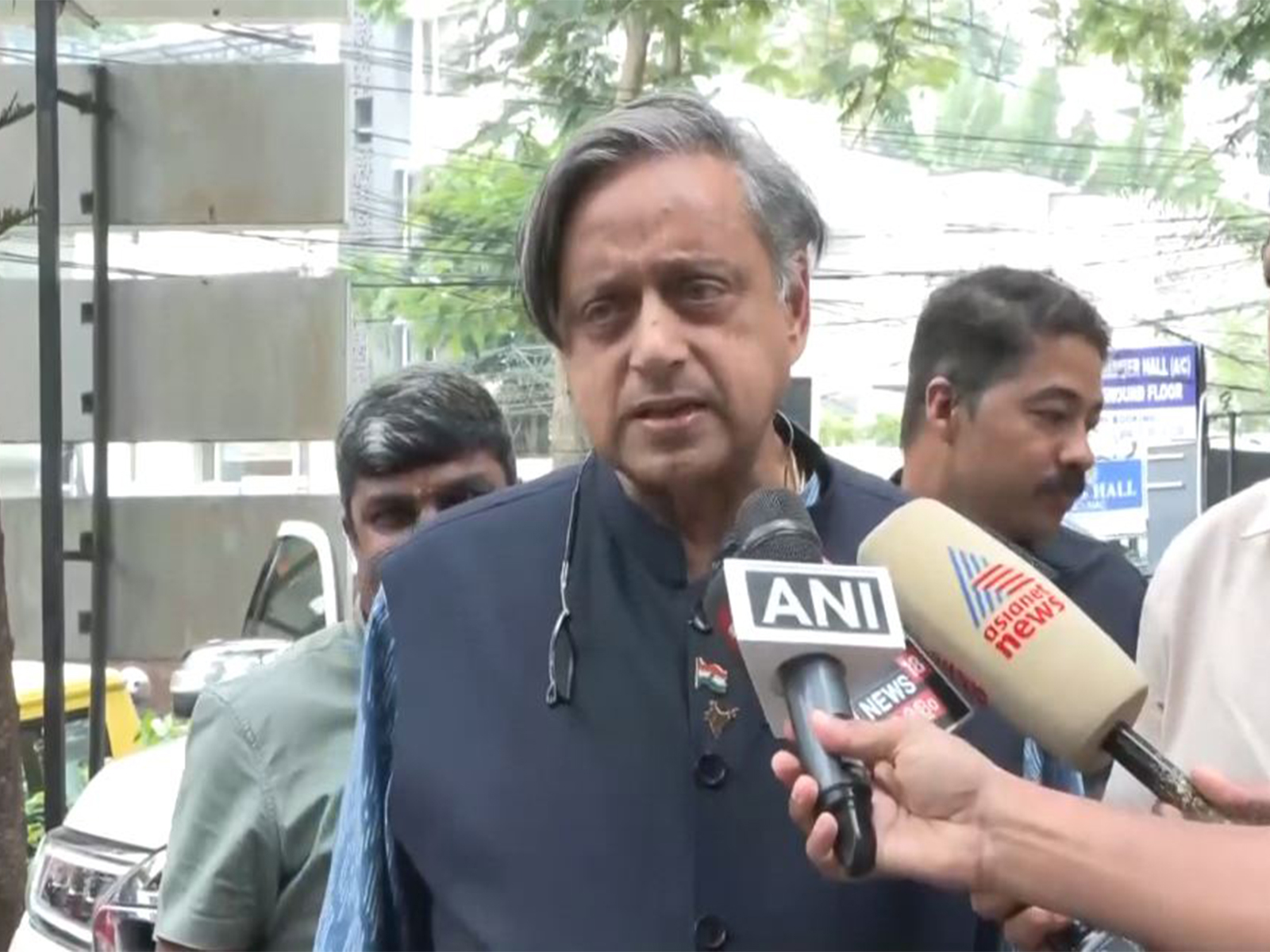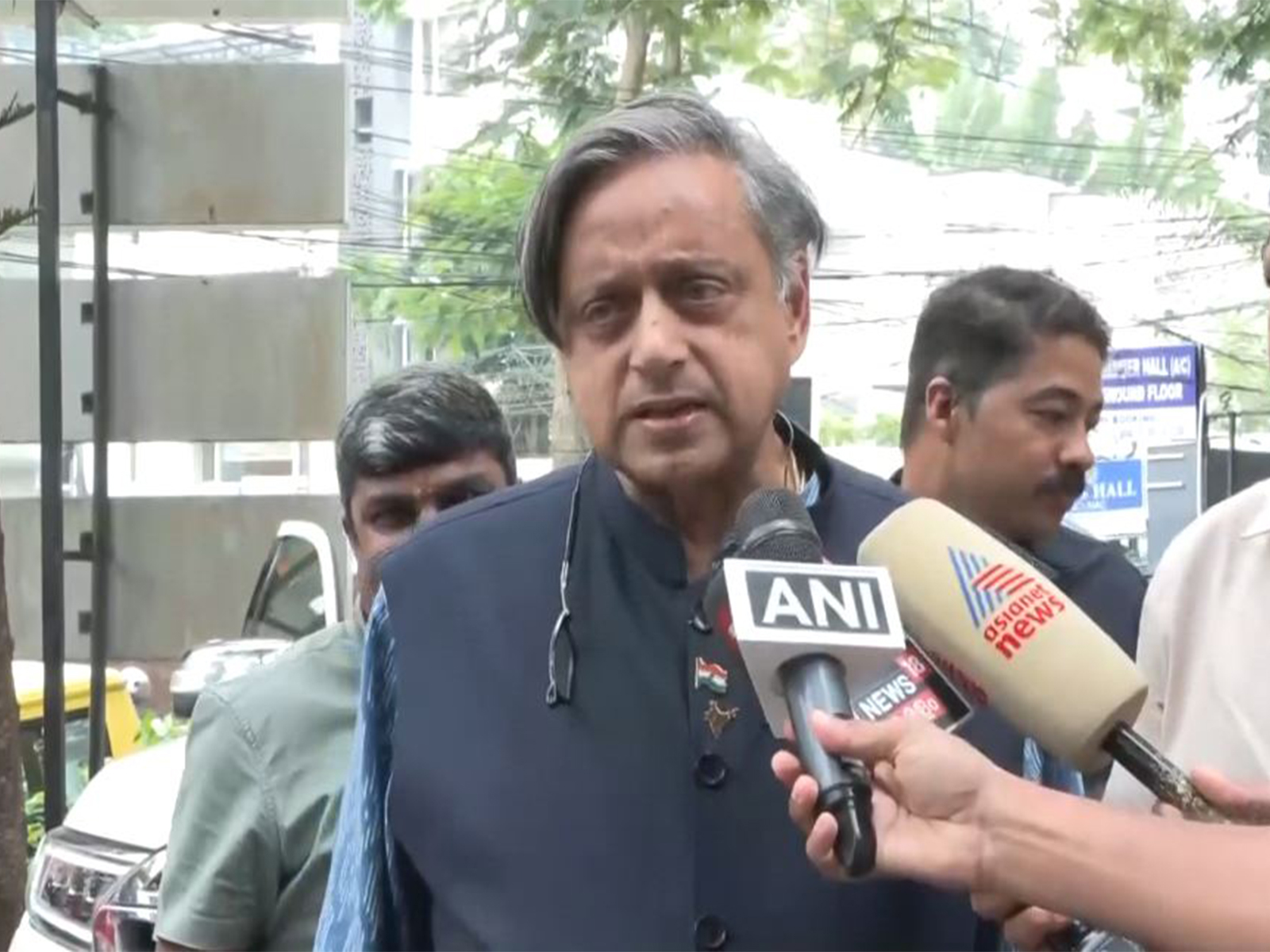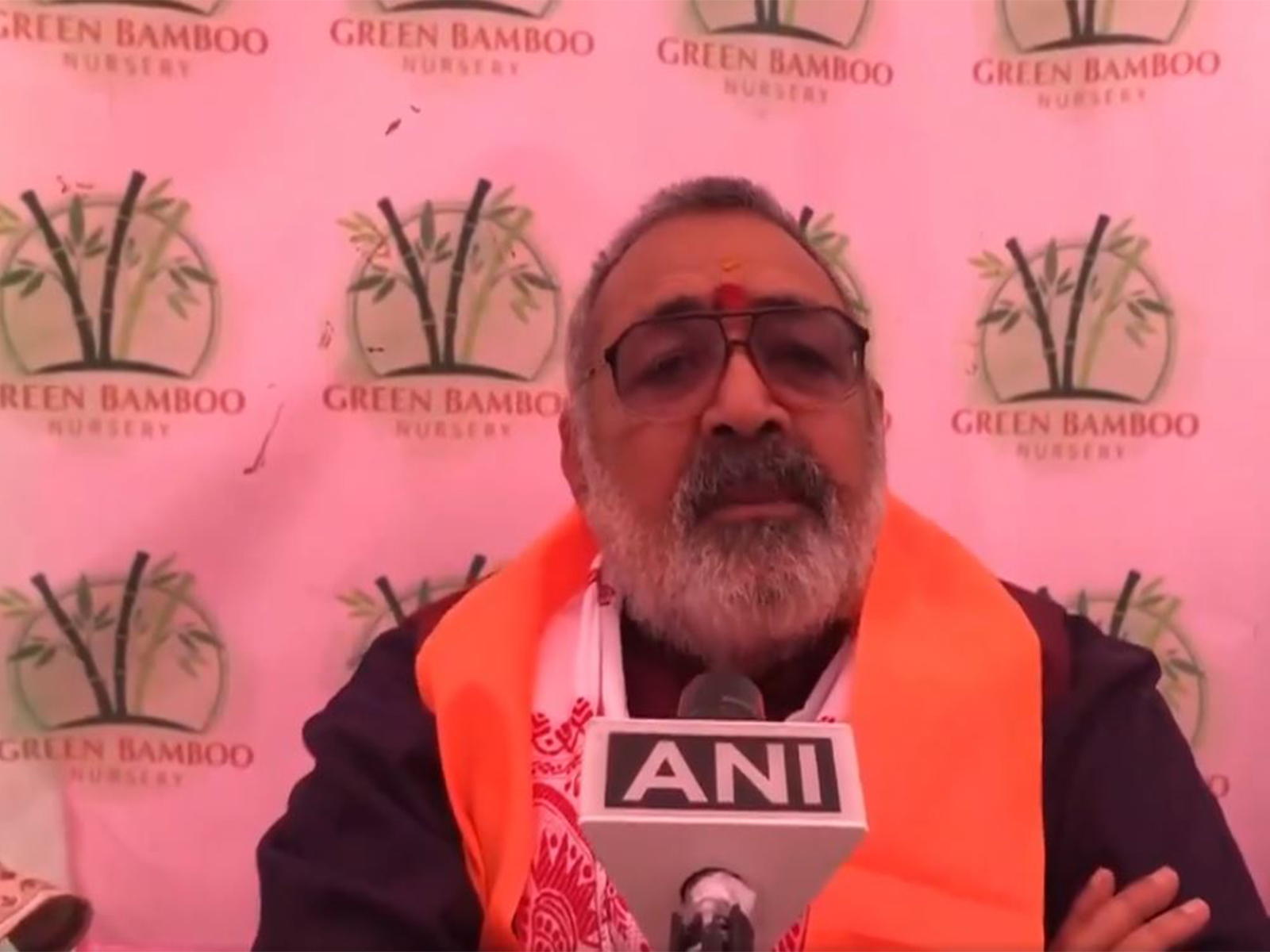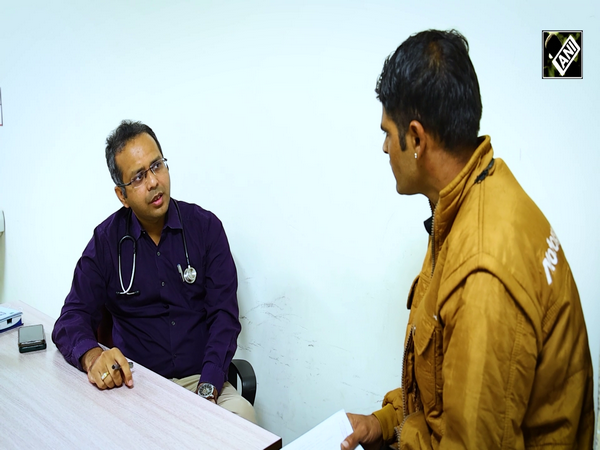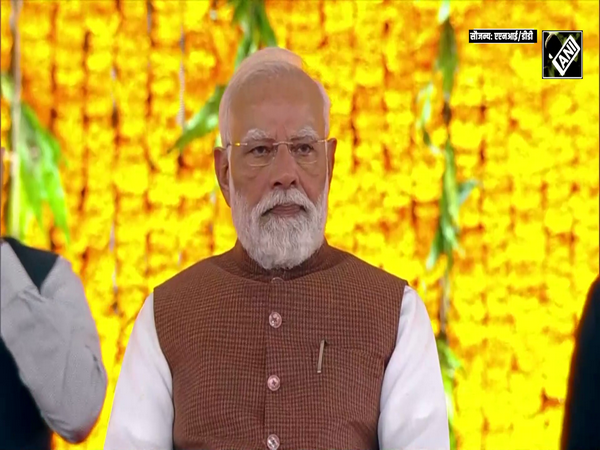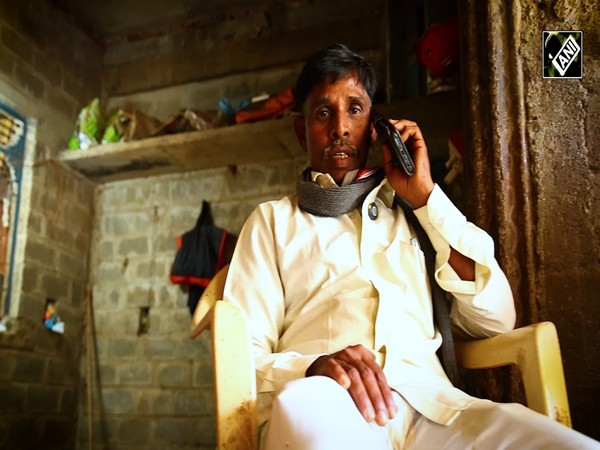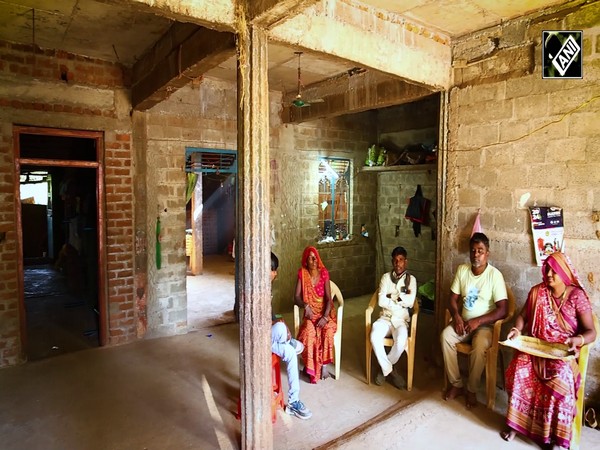Millions continue to fight Myanmar military's repression
Feb 01, 2022

Naypyitaw [Myanmar], February 1 : A year after the coup by Myanmar's military on February 1, millions of people are resisting a return to repression and isolation and the movement has become stronger.
Helen Regan, writing in CNN said that experts are of the view that the junta's attempts to gain full control are being frustrated by the Myanmar people as they carry out one of the biggest and most unified resistance movements the country has seen in its long history of democratic struggle against military rule.
"It is a failed coup," said Yanghee Lee, co-founder of the Special Advisory Group on Myanmar and former UN special rapporteur for human rights in the country. "The coup has not succeeded in the past year. And that is why they are taking even more drastic measures to finish out the coup."
Meanwhile, on Tuesday, a "silent strike" is planned across the country to mark the anniversary, with residents urged to stay indoors and businesses to close their doors. The military has warned it will arrest those who protest under laws such as sedition and terrorism, said Regan.
As the junta attempts to forcibly bring the country under its control, it has inadvertently united many of Myanmar's diverse groups against it.
The anti-coup resistance -- known as the Spring Revolution -- has caught the generals off guard by its strength and determination, said Regan.
Across the country, hundreds of thousands of ordinary people continue to support the Civil Disobedience Movement, which aims to destabilize the junta through economic disruption, mass boycotts of military-affiliated businesses, walkouts, and general strikes.
Many people are donating what little money they have to resistance groups and initiatives, activists say.
Residents have refused to pay their electricity bills as a way to avoid giving money to the junta, underground pirate radio stations are broadcasting anti-coup messages and others have prevented junta officials from taking up posts in local administrations -- a major mechanism through which the central government governs the population, reported CNN.
They do this despite the daily risk of arrest, beatings and torture.
"I have never seen this kind of unity in our history," said Khin Sandar, a Myanmar-based activist. "We believe that we will win this time. We never think we will lose ... Whether we die or whether you die, this is our slogan," she said.
Ye Myo Hein, executive director of the Tagaung Institute of Political Studies and a fellow with the Asia Program at the Woodrow Wilson International Center for Scholars, said the resistance movement has forced the military to change how it operates.
"The military thought it could very easily crackdown on the resistance movement," Ye Myo Hein said.
"In the past, their strategy and objective was how to control the country. Now they are focused on how to survive."

